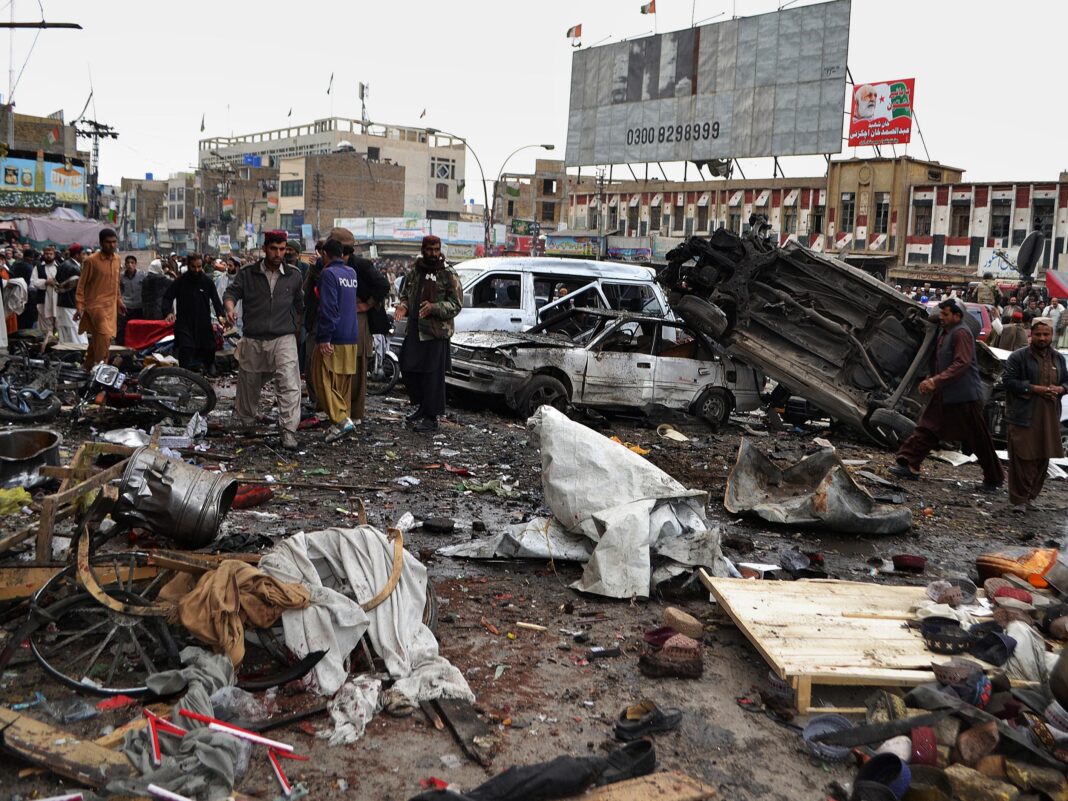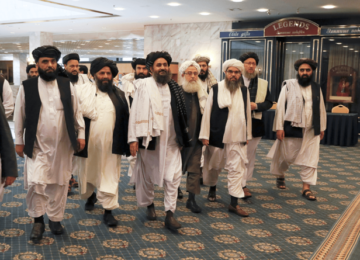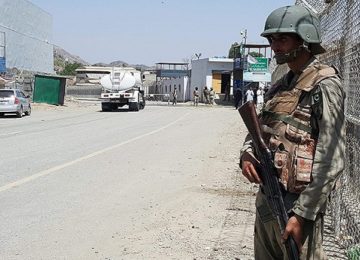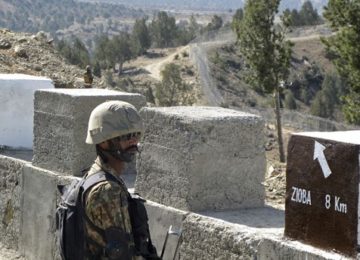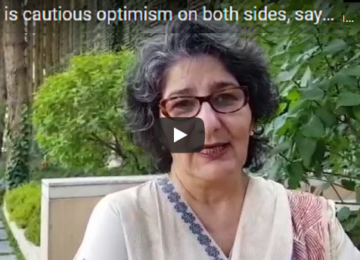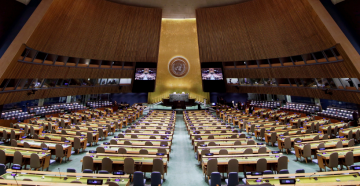A recent study by a renowned US-based think organization places Pakistan at the top of the list of countries most at risk of a new wave of mass killings. One of the primary issues for the country, which is already experiencing political and economic woes, is violence by the Taliban, according to the research.
The Washington, DC-based think tank, Early Warning Project, stated in a report that Pakistan faces numerous security and human rights challenges, including rising violence by the Tehrik-e-Taliban Pakistan (TTP), which is accountable for a nonstate-led mass killing episode that has been ongoing since 2001.
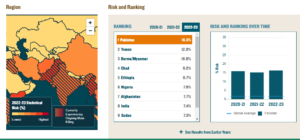
“Our statistical model estimates that there is a 16.3%, or approximately 1 in 6, the chance of a new mass killing beginning in Pakistan in 2022 or 2023. Pakistan ranks first highest-risk among 162 countries,” the EWP says in its report. This is the third year in a row that Pakistan has been put at the top of the list of 162 countries facing the highest risk of mass killings.
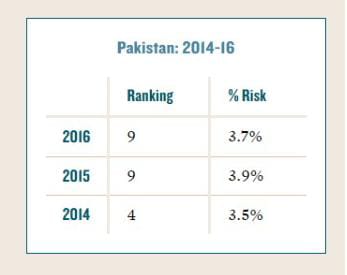
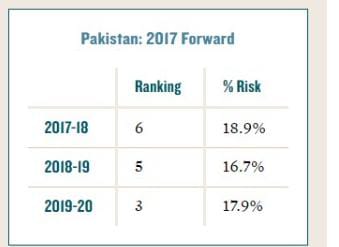
The report said, “Pakistan has numerous security and human rights issues, including rising Tehreek-e-Taliban Pakistan (TTP) violence.” Both domestically and from across the border in Afghanistan, where TTP enjoys safe havens under Afghan Taliban protection, Pakistan has seen a substantial rise in terrorist strikes. The country’s blasphemy laws, which have led to instances of mob violence against religious minorities, and threats of strikes by ISIS, according to the EWP assessment, were further reasons for Pakistan’s high-risk ranking.
The report was released a few days after the TTP militant group made a statement canceling a months-long truce with the government to stop the carnage and urging its members to start attacking again.
On the list, Afghanistan was rated eighth. Two other Asian countries made the top ten list, including Myanmar at number three, where the military overthrew the government in a coup in February of last year. India was ranked eighth because, according to the report, the administration of Prime Minister Narendra Modi has intensified its systemic discrimination against the nation’s Muslim minority.
Growing Threat from TTP and Taliban in Afghanistan

On November 29, Amir Khan Muttaqi, the Taliban’s deputy foreign minister, met Hina Rabbani Khar in Kabul. (Image courtesy of Pakistan’s Ministry of Foreign Affairs)
The Taliban, who have so far refrained from hunting down TTP terrorists, brought Islamabad nothing of value during Khar’s visit. The defense minister of the Taliban government, Mullah Yaqub, allegedly declined to meet with the Pakistani minister because she is a woman, according to several Afghan and Indian media outlets.
Since the Taliban took over in August, Mullah Yaqoob has been critical of Pakistan. He also charged Pakistan with allowing the US to utilize its airspace for a strike on the Afghan stronghold of Al-Qaeda commander Ayman Alzawaheri, an accusation that Islamabad denied. The Taliban’s stance toward Pakistan has become more rigid because of Mullah Yaqoob.
The number of terrorist strikes in Pakistan has increased by 56% since the Taliban took control of the country. Al-Qaeda, the TTP, and the Islamic State in Khorasan are three significant terrorist organizations with a presence in Afghanistan. Recently, Pakistani Taliban have started to appear in several Durand Line locations.
Thousands of villagers have demonstrated against the TTP’s presence in the Swat Valley and Waziristan, calling on the government to intervene to stop terrorists’ essentially unrestricted mobility. However, representatives of the administration, such as interior minister Sanaullah, have played down such reports.
If the Taliban do not take action against TTP and if terrorist attacks continue on its soil, the Pakistani government will face increased pressure to act independently beyond the Durand Line. Any such events will put additional weight on the already strained Pakistan-Afghanistan relationship.
December 2, 2022
Courtesy: Matrix Media
References: EWP, Pakistan Week, Dawn News



